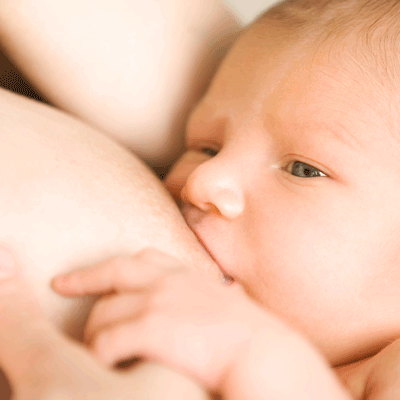
Bariatric surgery before pregnancy – Is this a solution to a big problem?
In the UK, 33% of pregnant women are overweight or obese and may experience gestational diabetes. Bariatric surgery commonly leads to greater and more sustained weight loss than do lifestyle approaches, and evidence that bariatric surgery can prevent, treat, or even “reverse” type 2 diabetes has increased enthusiasm for its use prior to pregnancy. However, there are also concerns that potential malnutrition or malabsorption resulting from these surgeries may lead to pregnancy complications.
In this article from America, pregnancy outcomes were examined in women from 2006 to 2011 who underwent bariatric surgery prior to pregnancy as compared with matched controls. (Early-pregnancy BMI in the control cohort was matched to pre-surgery BMI in the bariatric-surgery cohort). As compared with controls, women with a history of bariatric surgery had significantly lower incidences of gestational diabetes.
Obstetricians will most likely be seeing an increasing number of women who have undergone bariatric surgery before pregnancy although women are advised to delay conceiving until 12 to 24 months after surgery. But the current data, combined with previous reports, suggest that it may be prudent to monitor foetal growth in women who have undergone bariatric surgery, particularly in those who have had gastric bypass surgery.
The current study underscores that bariatric surgery has the potential to reduce the risks of gestational diabetes and large-for-gestational-age neonates but is also associated with some risks in pregnancy such as preterm birth, stillbirth, neonatal death, and major congenital malformations. Decisions regarding bariatric surgery in women of reproductive age should take into account the benefits and risks associated with this, not inconsequential procedure in terms of both pregnancy and long-term health.




